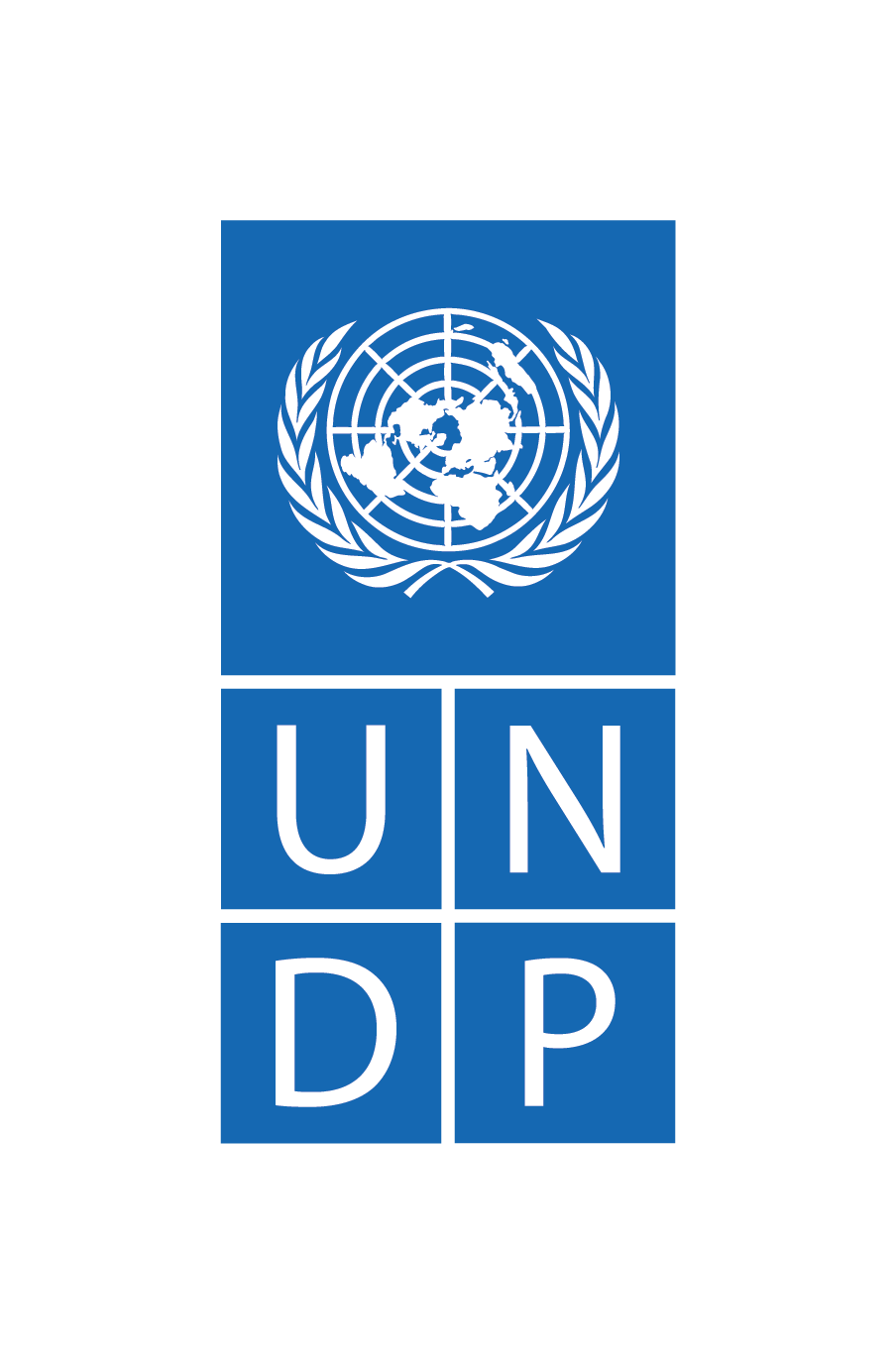Planning
Purpose
Effective planning is key to ensuring clear, relevant organizational goals are established and achieved in the process of building resilient financial management systems.
Planning involves understanding and documenting the expected role of the finance function in contributing to the achievement of a government’s or organization’s goals. This includes appreciating the strategic role that the finance function can play in achieving broader health and development goals, as well as ensuring the recording and reporting of day-to-day transactions.
Having recognized the role of the finance function, planning involves ensuring that the expected outputs are reflected in the structure of the finance department and identifying the number of people and the skills needed to perform this function.
UNDP’s approach
Through a good understanding of countries’ national priorities, UNDP is able to work closely with governments and stakeholders to document clear goals that contribute to implementing and monitoring improvements in financial systems for health.
To facilitate the planning process, UNDP assists stakeholders of health programmes to conduct financial analyses. This process has helped to identify the optimal financial management structure for health programmes in Africa, Asia and the Caribbean.
Within this approach, UNDP:
- leverages its experiences assisting countries and projects to plan health programmes and systems. It provides access to experiential knowledge, technical guidance and innovative tools/methodologies for financial management
- utilizes existing capacity assessment tools that help to identify areas for capacity development in planning for health systems, in addition to the United Nations Harmonized Approach to Cash Transfers (HACT) framework described below.
- works with government health systems as well as civil society organizations to establish development milestones and indicators, including training needs to measure improvements in financial planning.
Harmonized Approach to Cash Transfers
United Nations agencies have developed the risk-based, harmonized approach to cash transfers (HACT). This framework identifies implementing partner capacity needs and develops capacity with assistance from UNDP and other development partners, as core to managing risk.
Identification of and planning to address implementing partner capacity gaps is an important element of the HACT. The results of a HACT assessment help focus future capacity development activities on key thematic and mandated areas of development, and on developing the financial management capacity necessary for any implementing partner. The capacity development initiatives identified during the implementing partners microassessment process can be incorporated into the existing standard UNDP capacity development framework.
Suggested capacity development indicators
Suggested indicators to monitor improvements in financial planning include:
- The approved organogram reflects the current and expected human resource needs of the finance department.
- An approved strategic plan is available, and all staff are aware of its contents.
- The percentage of staff required is in place.
- There is a certain percentage of increase or decrease in financial management staff turnover per year.
Key resources

The Finance Role in Sustainability and Transformation Plans
Certified Institute of Public Finance and Accountancy
Website
